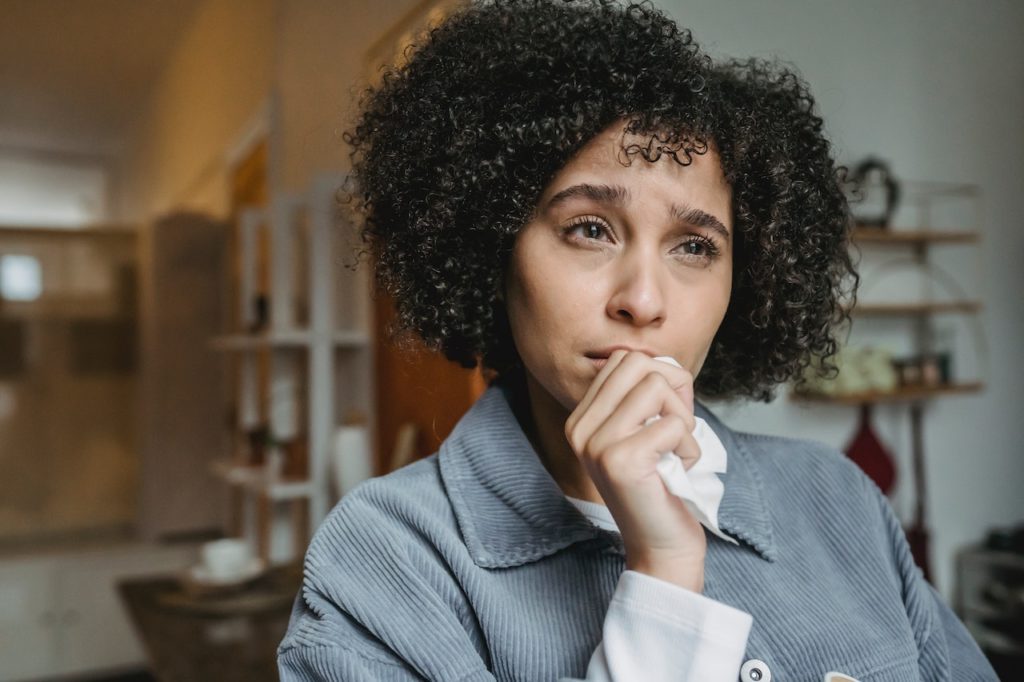If you struggle to stand up for yourself, try new things or make decisions on your own, you might lack self-confidence. Low self-confidence can hinder you from living a full life and connecting with other people. It can exacerbate anxiety, depression and other mental health issues. But people improve their self-confidence every day, and you can, too.
1. Identify when your lack of self-confidence appears
Self-confidence is different from self-esteem. As ADD.org puts it, “Self-confidence is a person’s attitude about their capabilities and skills. A person with good self-confidence feels like they have control over their lives. Self-esteem is how a person perceives their own value and self-worth. A person with high self-esteem is open to different ideas and comfortable socially.”
If you have low self-esteem, your general view of yourself is negative. Low self-esteem follows you throughout your day. But confidence can vary depending on where you are, or what you’re doing.
For instance, I’m confident when I’m providing psychotherapy. I’ve treated many clients and know what to expect. But if you entered me in a karaoke contest, I’d be very un-confident! I have no idea how to sing. You can probably think of some activities you feel more or less confident at, too.
You might also be dealing with a lack of self-confidence and low self-esteem. Check out my other articles for more tips on treating self-esteem issues.
Knowing when you’re confident and un-confident is useful. You might discover that you feel more confident around certain people – these are relationships to keep! Or you might lean into your strengths instead of pushing yourself to fit into a mold. It’s also reassuring to remember you are good at some things, which leads into my next point…
2. Give yourself more credit!
Don’t just focus on the things you struggle with. You must have been doing something right in order to get through life so far. Think about your interests, things you’re good at, things that other people say they like about you. To build self-confidence, you have to acknowledge your positive qualities.
I often recommend that people write down a couple of things they have accomplished each day. Even if it’s as small as doing laundry or remembering to eat lunch, if it’s an accomplishment for you, it counts. This helps your brain get better at saying, “I did it! I can do things,” instead of “I’m no good, I can’t do it.” By writing it down, you also develop a tangible record of accomplishments, which you can use to counter your negative thoughts when you need a boost.
3. What’s the worst that could happen?
If you lack self-confidence, your brain is probably good at thinking of what could go wrong. Maybe other people will judge you. Maybe you’ll hurt someone’s feelings. You could lose your job, or fail a class, or a hundred other things.
But if the worst did happen, what could you do to cope with it?
Turn your worried thoughts in a more constructive direction, and create a back-up plan for if things do go wrong. Some questions I like to ask myself are:
- Is this actually going to hurt me, or just feel uncomfortable for a while?
- Have I ever been in a situation like this before? How did I get through it?
- Are there programs or services I could use to help recover from this?
- Who could I turn to for support?
- What could my back-up plan look like?
It’s much easier to feel confident when you know that your life will keep going even if you screw up, and you have a plan for what to do.
Bonus tip: Practice anyway, despite your lack of self-confidence
Low self-confidence takes a long time to overcome. Don’t beat yourself up if it doesn’t fix itself in a week, or a month. You will have to push yourself sometimes to do things that you’re uncomfortable with. Most of your self-confidence in an activity will come after you’ve done the activity several times and know what to expect.
Many people can improve their confidence on their own, especially if their low self-confidence only pops up for minor, occasional things (like me not knowing how to sing). But sometimes people want more support. Perhaps you’re also dealing with anxiety, depression, or other mental illnesses, or maybe you want personal assistance for your situation. If you’re interested in counseling to help support your journey, drop me a line.


